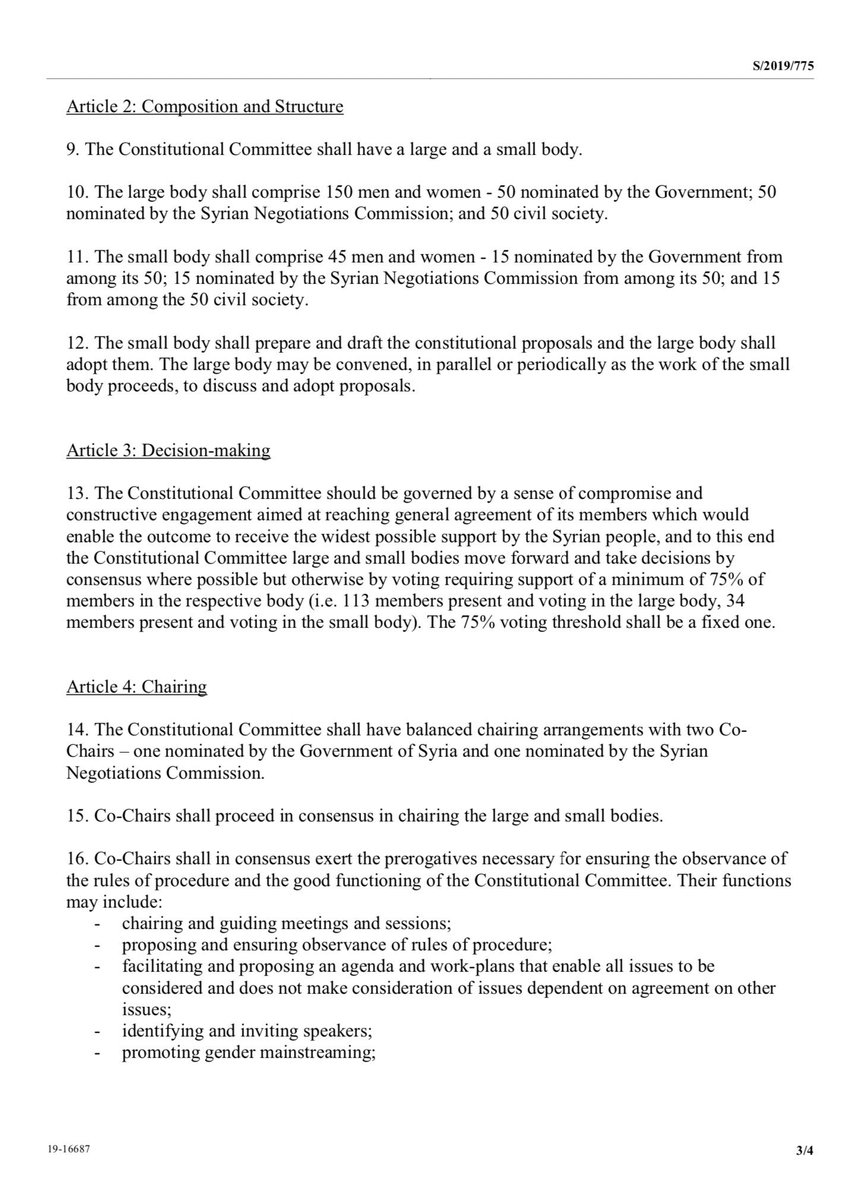In recent years digital platforms have made independent scientific research into potentially consequential phenomena such as online disinformation,
In particular, Social Science One’s work with Facebook has been continuously delayed; more than a year and a half
Because Facebook has not been able to provide even the initial, aggregated dataset of URLs shared on the platform, Social Science One’s philanthropic funders
As members of the European Advisory Committee of Social Science One we – along with the co-chairs – are frustrated. On the one hand, we were genuinely interested in helping to build a model to support academic research, and we appreciate the efforts of
As the European Advisory Committee and co-chairs of Social Science One we call upon platforms and
-Facebook should commit at the highest level of the organization, and with all necessary means, to make accurate and representative data available for scientific research into the most pressing issues of public concern. This should
-We recognize the responsibility of researchers to ethically receive and analyze
-Public authorities should assist in developing independent verification of platform data. Because researchers are beholden to the platforms for virtually all data, their work risks appearing compromised or otherwise suspect to
We call upon platforms and public authorities to take steps very quickly, with each of the above actions completed within the first half of 2020. The consequences of failure—again, for both scientific knowledge specifically,
December 11, 2019
The European Advisory Committee Social Science One
Claes de Vreese, U Amsterdam (Chair)
Marco Bastos, UCL
Frank Esser, U Zurich
Fabio Giglietto, U Urbino
Sophie Lecleher, U Vienna
Cornelius Puschmann, U Bremen
Rebekah Tromble, George Washington U
&
Social Science One co-chairs
Gary King, Harvard U
Nathaniel Persily, Stanford U
[END THREAD]















